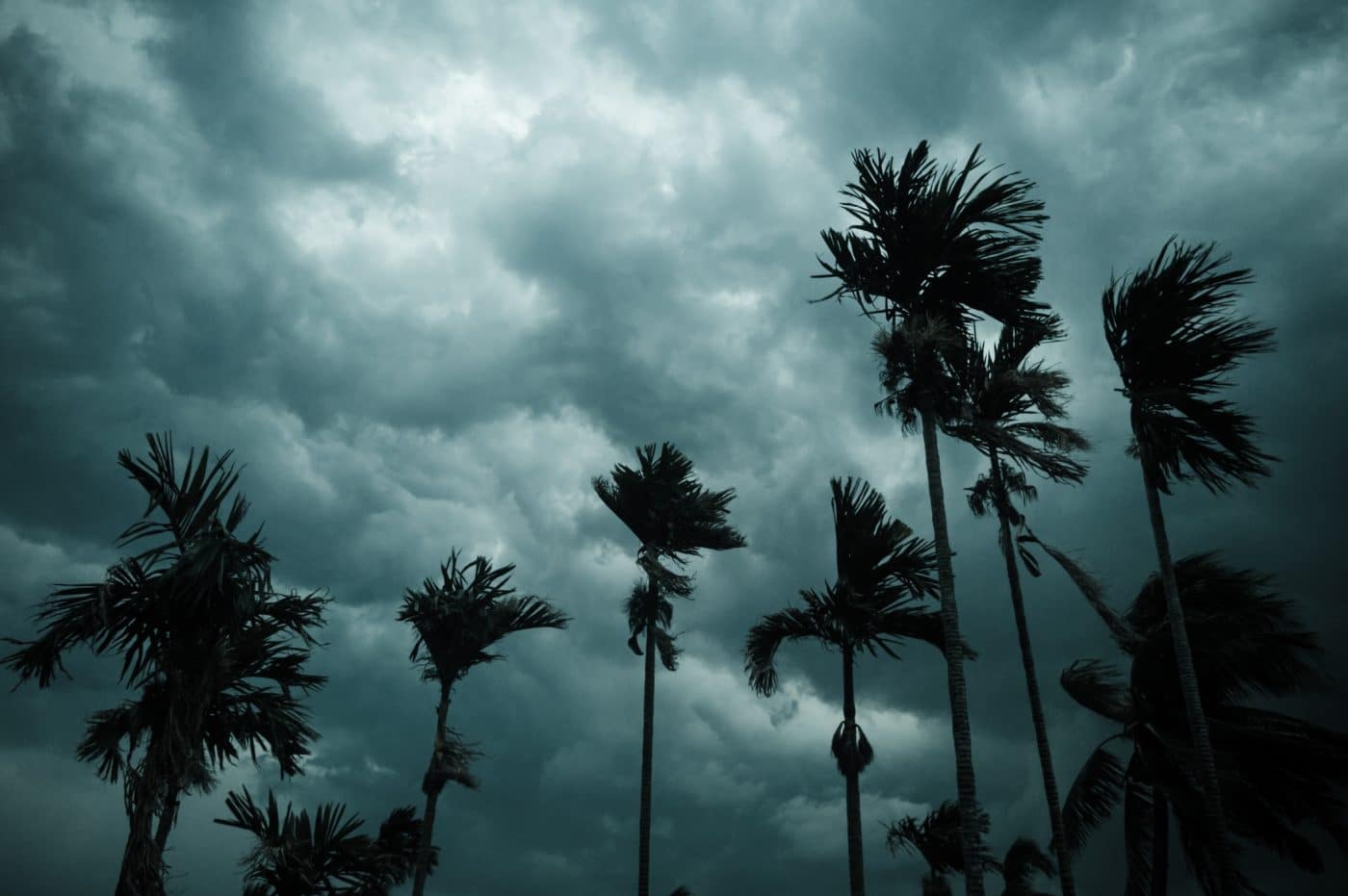Home » MegaWattage Blog » 5 Tips for Hurricane Preparedness
5 Tips for Hurricane Preparedness

Stay Safe & Bounce Back
If you’re local to the sunshine state then you’re no stranger to the summer storms. And consequently, Hurricane Season. Fortunately, organizations like Ready, Florida DEP, NOAA, FEMA, and NHC offer a multitude of resources on topics ranging from storm readiness to flood water safety. Having called South Florida home for 20 years, MegaWattage prioritizes its communities’ level of preparedness for severe weather and natural disasters. Here are five quick tips to staying safe this storm season-
1. Stay Alert
June 1st to November 30th is Atlantic Hurricane Season. Meaning you’ll want to keep a close eye on the weather leading up to and during this time. Storms can develop at wildly different rates so one’s seven-day formation could be another’s 48 hours. One of the primary reasons why preparedness is key.
2. Gather Supplies
There’s no way of knowing how long your home or business (or other businesses) could be without power once the connection has been damaged. That’s why when preparing for critical conditions, consider the longevity of your resources. Think: storm shutters, water bottles, canned and dehydrated food, medical requirements, first aid supplies, flashlights, batteries, radios, backup power, fuel, clean clothes/blankets, and pet supplies.
3. Test Equipment
Remember, maintenance is key to proper preparedness. If it’s been some time since you last ran your generator, the time is now! When fuel sits stagnant it can become polluted and water can build up in the tank. Read more about it here. This requires proper removal and disposal prior to refueling. Make sure your power generator is newly serviced and filled with fuel before the first storm alert. This will also help you avoid surging fuel rates since they vary by day.
4. Emergency Contacts
In the event an emergency strikes, it’s important to have support contacts within arms reach. This could be local emergency and medical response, family, friends, etc. The goal is to have them organized in one easily accessible place before they’re needed.
5. Be Safe
In the event of evacuation, don’t return home until officials state it’s safe. Keep in mind: avoid wading in high waters, be wary of electrical lines, leave areas immediately that smell of fuel, and drive with caution while street lights are down…just to name a few. Community support during these challenging times is crucial. If able, lend a helping hand or donate surplus goods to local shelters.